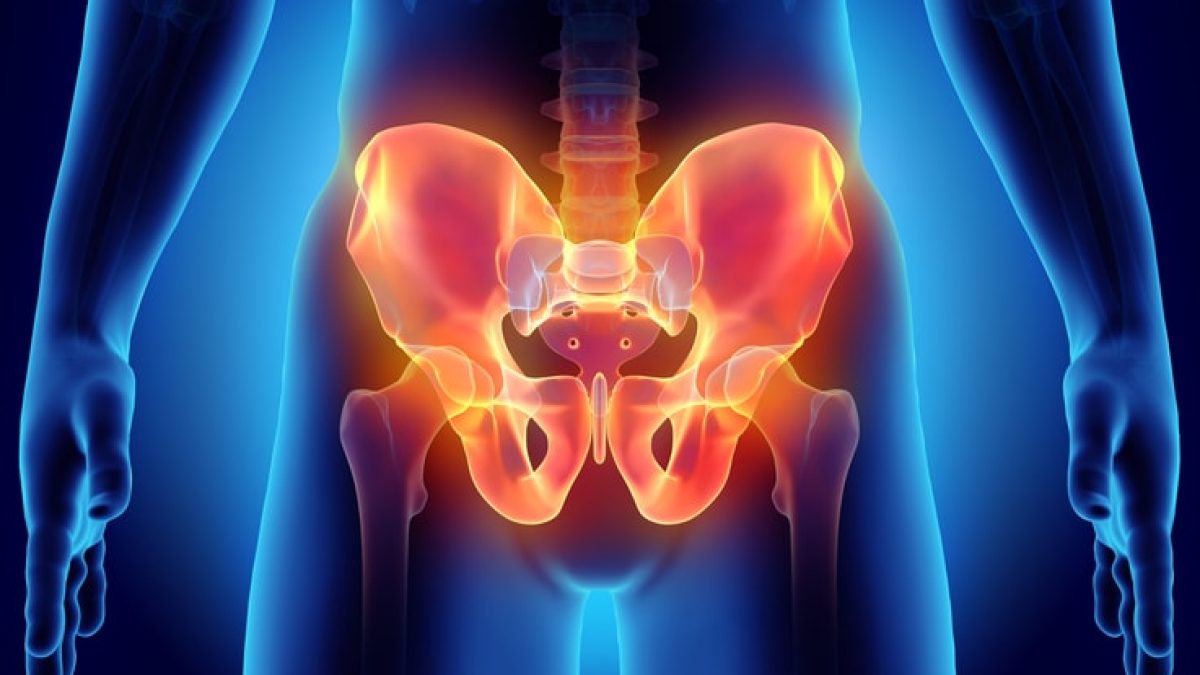Hip Fracture Patients: Study Reveals Pain Experiences with Spinal vs. General Anesthesia

Hip fractures represent a significant and potentially life-threatening injury, with their likelihood increasing as individuals age. This elevated risk can be attributed to age-related bone weakening, often associated with osteoporosis. Furthermore, the use of multiple medications, coupled with issues like poor vision and balance problems, heightens the susceptibility of older individuals to falls, a common trigger for hip fractures. Managing a hip fracture typically involves surgical repair or replacement, followed by a course of physical therapy. Preventative actions aimed at maintaining bone density and reducing the risk of falls play a crucial role in averting hip fractures
Hip Fracture Patients Pain Experiences Study
In a recent study published in the Annals of Internal Medicine, researchers conducted a comparison of pain levels among patients who underwent hip fracture repair surgery, with a specific focus on those who received either spinal anesthesia or general anesthesia. The study, encompassing 1600 patients, yielded noteworthy findings regarding hip fracture patients and their post-surgical pain experiences.
Dr. Mark Neuman, the study’s lead author and an associate professor of anesthesiology and critical care at the University of Pennsylvania Perelman School of Medicine, highlighted the significance of this research. He pointed out that despite the longstanding use of both spinal and general anesthesia in hip fracture surgeries, there has been a notable lack of credible information concerning critical aspects of patient experience, notably pain and satisfaction following surgery. The study aimed to bridge this knowledge gap.
The initial study’s cohort comprised patients aged 50 and older who were scheduled for hip fracture surgery. Exclusion criteria included patients who were unable to walk without assistance prior to their fractures, those in need of concurrent procedures incompatible with spinal anesthesia, individuals with periprosthetic fractures, and those with contraindications to spinal anesthesia.
The study’s results revealed that hip fracture patients who received spinal anesthesia reported higher pain levels during the first 24 hours post-surgery compared to their counterparts who underwent general anesthesia. While the mean difference in pain scores was relatively modest, it was statistically significant.
Dr. Mark Neuman suggested one possible explanation for the observed differences between the two anesthesia groups. Patients who received spinal anesthesia received less opioid pain medication in the operating room, potentially contributing to the disparities in pain levels during the initial 24-hour period. However, more data is needed to draw definitive conclusions in this regard.
In an accompanying editorial commentary, Dr. Alexander Arriaga and Dr. Angela M. Bader of Brigham and Women’s Hospital in Boston, Massachusetts, commended the study for challenging the prevailing notion that spinal anesthesia might be more beneficial for hip fracture patients. Although the study’s authors had hypothesized that spinal anesthesia would result in less pain, reduced analgesic usage, and increased satisfaction with care, the actual findings did not align with these expectations.
However, Dr. Arriaga and Dr. Bader also noted that while the observed pain score differences were statistically significant, they were relatively small. This led them to question the clinical significance of such differences, considering that the absolute changes in pain scores were limited.
Both Dr. Neuman and Dr. Arriaga expressed concerns about the fact that more than 70% of patients in both anesthesia groups reported experiencing severe pain in the days immediately following surgery. They emphasized the need for additional research to delve into the underlying mechanisms of these differences between the two anesthesia methods.
Dr. Neuman expressed his hope that future studies will build upon the findings from this study to further investigate the connection between anesthesia type and crucial outcomes for hip fracture patients. This research was funded by a Patient-Centered Outcomes Research Institute award, and Dr. Arriaga disclosed no relevant financial relationships.




